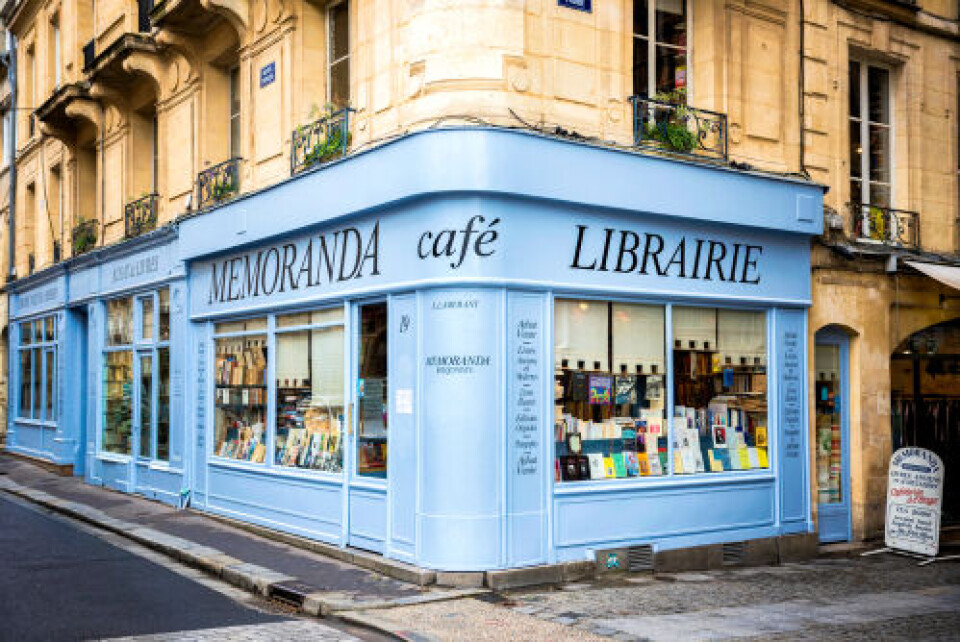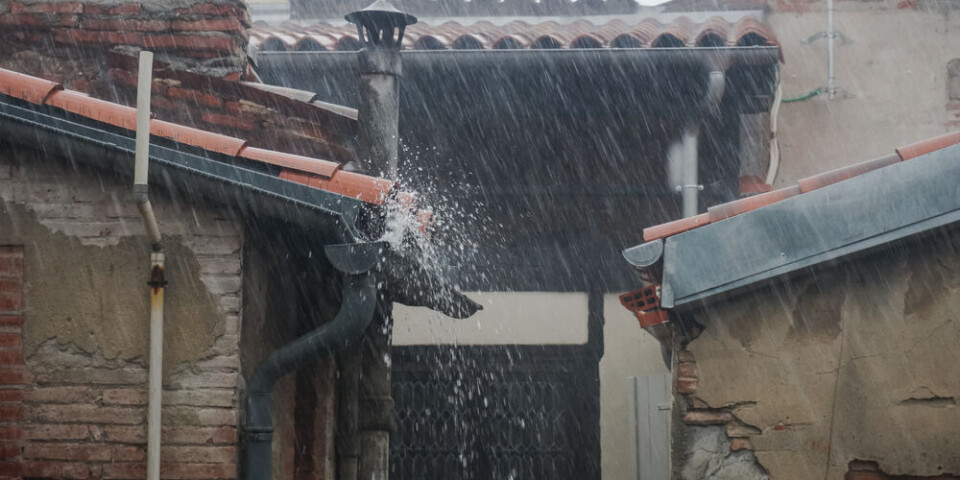-
French mayor criticises German border checks as cars and trains stopped
The new checks negatively affect those who cross border to work or study
-
Storms in south, sun in north: French weekend weather outlook May 10 - 11
Hail is expected in the south-west on Saturday
-
Wild boar increasingly present in French communes: What to do if you see one
There has been a sharp rise in the number of boar in recent years
A record number of French bookshops opened last year
The number of new bookshops in France continues to boom, so what is the country’s secret for success?

A record number of bookshops have opened their doors in France - continuing a sharp upward trend in recent years.
The Centre National du Livre (CNL) said 142 started up in 2022, a slight increase against the 140 the previous year.
But it marks a significant hike compared with the 2017-2020 period when there were between 60 and 80 openings each year.
Even taking into account bookshop closures, there were still 115 net openings last year, compared with 112 over the previous 12 months.
CNL said the openings were in “certain rural and coastal zones (Atlantic coast and the Languedoc region)” but also in “communes that neighbour dynamic cities (notably Bordeaux, Marseille, Nantes, and Rennes), and medium-sized towns”.
“Half of the bookshops opened since 2017 have opened in a town with fewer than 15,000 inhabitants, and a quarter has been in towns with fewer than 5,000 residents, showing that bookshops are being increasingly considered as ‘local services’,” it said.
The new figures come as part of the CNL’s second #10marsjelis (‘I’m reading on March 10’), which is organised in tandem with the Ministry of National Education. The campaign, full name Quart d’heure de lecture national le 10 mars, aims to “put reading back at the heart of our everyday life, by giving us the desire to read for 15 minutes per day…or more!”.
Independent bookshops championed in France
🕒📚 #10marsjelis
— CNL - Centre national du livre (@LeCNL) February 15, 2023
Le 10 mars 2023, le Centre national du livre, en collaboration avec @education_gouv et l'ensemble de ses partenaires, vous invite à vous plonger dans un livre l'espace d'un quart d'heure.
📖 Et vous que vous apporte la lecture ?
↪️https://t.co/3n4AeHUvER pic.twitter.com/L7gYto8Rm8
France has a number of successful measures in place to help support independent bookshops.
This is in large part why the country has more than 3,500 bookshops, compared to, say, the UK’s 1,000 or so, or the US’s 2,500.
The main reason for France’s success is the 1981 Loi Lang, which protects independent bookshops by banning discounts of more than 5% on books. The law was brought in when larger, chain bookshops were beginning to appear on the market.
In more recent years, it has meant that large online retailers such as Amazon and Fnac have been unable to undercut smaller businesses with mass discounts.
Read also: Book-lovers celebrate Independent Bookshop Day
Independent Bookshop Day has also been celebrated over the past 25 years, with hundreds of bookshops in France participating in the international event.
Similarly, over the past six years, the CNL and its partners – at the national and regional levels – have supported the creation, takeover, or renovation of bookshops in almost 50% of the towns involved in the five-year investment programme Action Cœur de ville.
Books were ‘essential’ in Covid lockdowns
During the Covid-19 pandemic, bookshops successfully campaigned to be considered ‘essential’ stores and were granted permission to open during future lockdowns.
Read more: Bookshops in France now classed as essential businesses
The then-Culture Minister Roselyne Bachelot told the AFP: "Bookstores are essential businesses. There has never been any doubt about that.”
In November 2020, the government also began to pay delivery fees for bookshops that continued to sell online and post books during lockdown periods, to “help them continue trading” despite the shutdowns.
At the time, Economy Minister Bruno Le Maire and Ms Bachelot wrote in a joint statement: “This package will allow bookshops to only bill their clients the legal minimum for transportation fees: €0.01.”
Ms Bachelot also encouraged people to avoid using Amazon during lockdown, in order to protect bookshops, as did the Mayor of Paris, Anne Hidalgo.
Related articles
French bookshops inspire support through lockdown closure
We all know about the food but what else does France do really well?
























